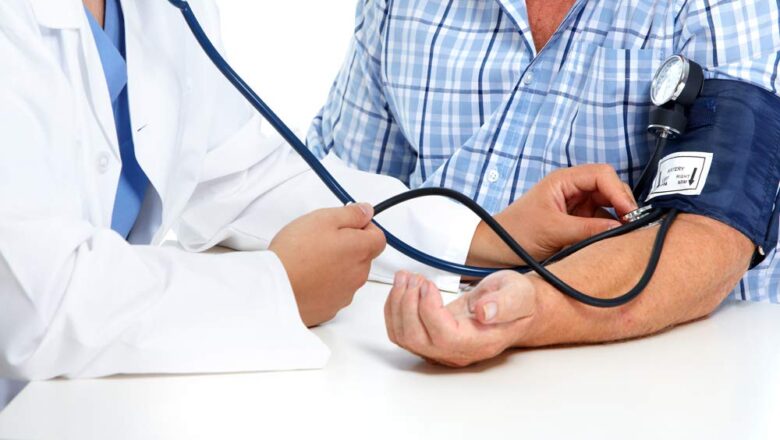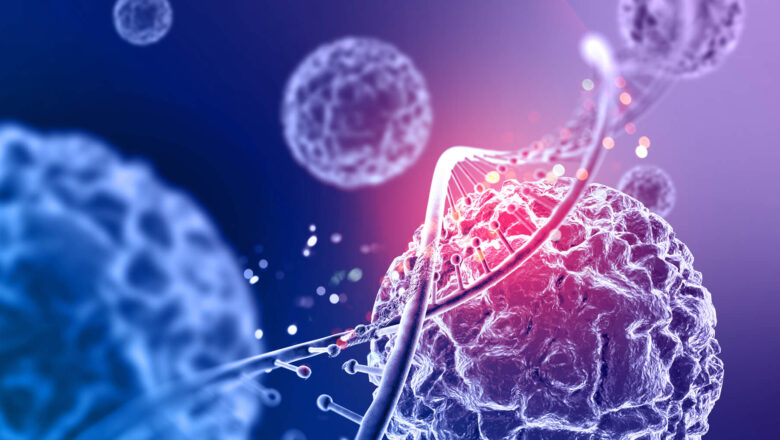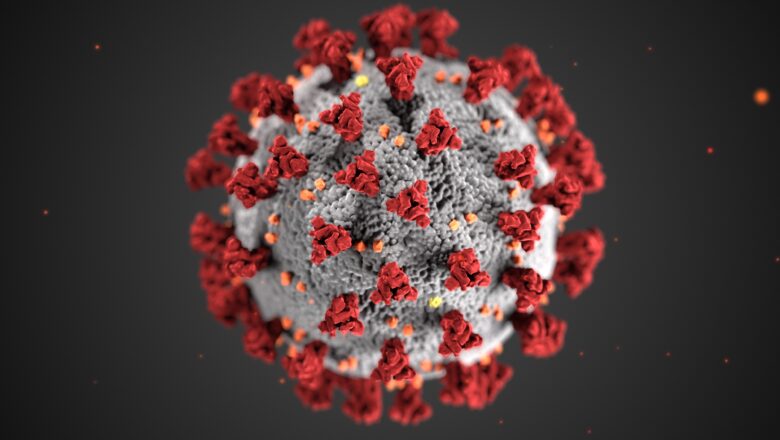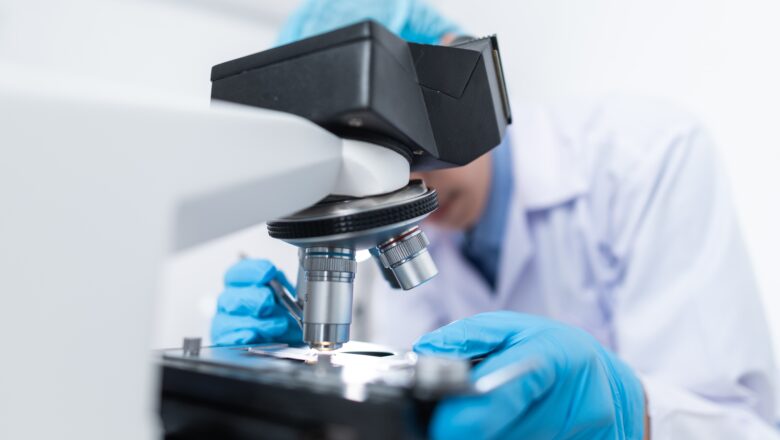
Non-Communicable Diseases: Causes and Protection
Health is one of the most valuable assets of our lives. However, the enemies that threaten our health are not only microbes and viruses. Non-communicable diseases have become a serious health problem worldwide today. In this article, we will examine what non-communicable diseases are, their causes, prevalence and how they can be prevented.
What are Non-Communicable Diseases?
Non-communicable diseases (non-communicable diseases or NCDs) are defined as diseases that cannot be transmitted from person to person. The main feature of these diseases is that they do not spread between individuals through direct contact or through the air. These diseases usually have a long-term and chronic course, and treatment can be difficult and costly. The main non-communicable diseases are:
Cardiov...



